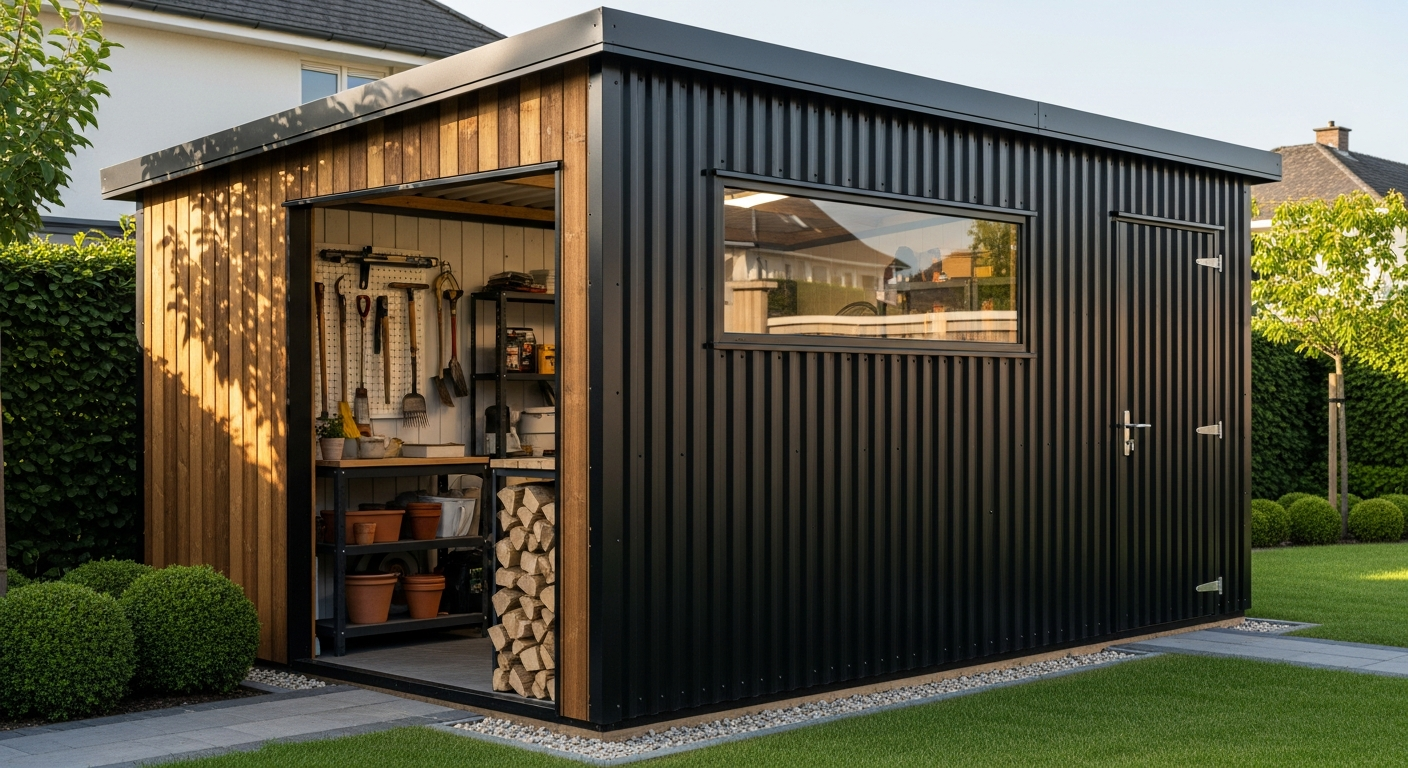Understanding Funeral Services and Cremation in Ireland
Planning a funeral can feel overwhelming, especially when navigating choices, legal steps, and costs. This guide explains how funeral services work in Ireland, what to expect from cremation, typical paperwork, and practical cost ranges. It also lists real providers to help you understand available options in your area.

Arranging a funeral involves balancing personal wishes, cultural traditions, and practical steps. In Ireland, families can choose between burial and cremation, with funeral directors coordinating logistics, paperwork, and ceremonies. Understanding the process and cost elements in advance can reduce stress and help you make decisions that reflect your values and budget.
What do Funeral Services in Ireland include?
Funeral services in Ireland typically start with care of the deceased, including transfer to a funeral home, preparation, and optional embalming. Families then select a coffin or urn and decide on a vigil or repose, such as at home, in a funeral home, or in a chapel. The service may be religious or civil, in a church or a crematorium chapel, followed by burial or cremation. Funeral directors coordinate timings, transport (hearse and limousines), music, readings, flowers, and memorial stationery. They also handle third‑party bookings (known as disbursements) such as cemetery or crematorium fees, officiant gratuities, death notices, and sometimes venue hire for refreshments. Local services in your area can tailor arrangements to specific cultural or faith practices.
Cremation Services in Ireland: the process
Cremation services in Ireland generally involve a ceremony (either at a church, funeral home, or crematorium chapel) followed by the cremation itself. Some families choose a shorter service at the crematorium; others hold a full service elsewhere and proceed privately to the crematorium. Afterward, ashes are usually ready within one to two working days. Families may keep ashes at home, place them in a columbarium, inter them in an existing family grave, or scatter them in a permitted location. Your funeral director or the crematorium will explain any local permissions required for scattering. Many crematoria offer remembrance gardens and a choice of urns. For those seeking a simpler arrangement, some providers offer direct cremation (without a formal service), with the option to plan a memorial gathering later.
Funeral Director Cost in Ireland: key factors
Funeral Director Cost in Ireland varies widely due to service choices, location, and third‑party fees. Typical components include professional service fees (coordination, staff, care of the deceased), coffin selection, embalming (optional), vehicles, and out‑of‑hours removals. Disbursements add to the total and can include cremation fees, officiant gratuities, death certificates, flowers, and venue hire. As a general guide, a simple direct cremation in Ireland commonly falls in the €1,500–€2,500 range, while a traditional funeral with a service and cremation can range from about €3,500–€6,500, depending on choices and region. Coffins can vary from approximately €500 for basic options to several thousand euros for premium materials and finishes. Cremation fees are a separate charge set by each crematorium and typically range around €600–€900 for an adult service. Prices can be higher in cities due to demand and facility costs. These figures are indicative and subject to change over time.
Legal steps and paperwork
When a death occurs, a medical practitioner issues a Medical Certificate of Cause of Death (MCCD) in most circumstances. The death is then registered with a Civil Registration Service office. Sudden or unexplained deaths may involve the Coroner, which can affect timelines. For cremation, additional documentation is required: an application form from the crematorium, medical certification, and approval by the crematorium’s medical referee before cremation proceeds. Identity checks and authorization by the next of kin are standard. If transporting ashes abroad, consult airline rules and destination country guidelines in advance, and carry the cremation certificate with the urn.
Cultural and environmental choices
Funeral Services in Ireland reflect diverse traditions. Many families prefer religious rites, while others choose civil or humanist ceremonies. Personal touches—music, readings, photo displays, or charitable donations—help memorialize the person’s life. Environmentally conscious options are increasingly available, such as sustainably sourced coffins, minimal floral arrangements, paperless service sheets, and lower‑emission choices offered by some providers. Burials may include “natural” or eco‑sections where available, while cremation‑focused families might select biodegradable urns or tree‑planting memorials. Local services in your area can advise on community norms and venue capacities.
Price guide and providers in Ireland
To illustrate typical third‑party fee ranges for cremation, here are examples of real Irish crematoria and indicative adult cremation fees (excluding funeral director charges and optional extras such as chapel music, webcast, or memorial items).
| Product/Service | Provider | Cost Estimation |
|---|---|---|
| Adult cremation fee | Dublin Cemeteries Trust (Glasnevin, Dardistown, Newlands Cross) | €700–€900 |
| Adult cremation fee | Mount Jerome Crematorium (Dublin) | €650–€850 |
| Adult cremation fee | Shannon Crematorium (Co. Clare) | €600–€800 |
| Adult cremation fee | The Island Crematorium (Co. Cork) | €650–€850 |
Prices, rates, or cost estimates mentioned in this article are based on the latest available information but may change over time. Independent research is advised before making financial decisions.
Conclusion Funeral arrangements in Ireland combine practical coordination with personal and cultural meaning. By understanding the steps—from care of the deceased and ceremony planning to cremation procedures and legal documentation—you can make informed choices. Considering the factors that shape Funeral Director Cost in Ireland and reviewing indicative fees from cremation providers can help you plan a service that aligns with your wishes, traditions, and budget.




